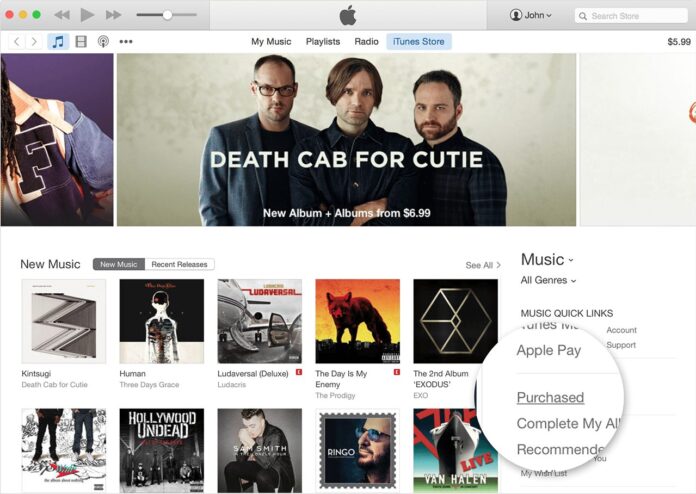Apple under pressure
Apple’s iTunes may face some legal challenges. The Federal Trade Commission is reportedly trying to find out whether iTunes is using its marketplace muscle to get songs into its paid services instead of free-streaming services. Apple of course is working on its own new streaming service, having acquired Beats Music last year.
iTunes is also facing a lawsuit related to streaming video. OpenTV, maker of software that enables video steaming via set-top boxes, is suing Apple for alleged patent infringement. The company says that Google, Disney and Cisco are also licensing its technology and wants Apple to do the same.
Smartphone modems: another one bites the dust
Nvidia is the latest chipmaker to exit the mobile-device modem business. The California company said its Icera modem unit will cease operations this year, and that it is open to a sale of either the technology or the operations.
Nvidia follows Broadcom and Texas Instruments in bailing out of mobile modems. Qualcomm is the juggernaut in this market, and its main competition now comes from Taiwan’s MediaTek.
Makers of mobile processors rushed into the modem market because they saw value in integrating the processor and the modem, but now they will be forced to partner with other modem makers. Nvidia said it will continue to use the Icera 4G LTE modem for the next year or more, and then will partner with other modem suppliers.
Google cuts friction on mobile commerce
Americans perform more Google searches on mobile devices than computers, and mobile users may be more ready to make a purchase than searchers who are sitting at a desk. This week Google unveiled new mobile search results that target people looking for cars and home mortgages. The paid search results will show relevant information about potential purchases instead of just links. This is not Google’s first foray into call-to-action mobile ads. The search giant is already offering the ads for hotels and insurance.
Skype means business
AT&T said today that its audio conferencing customers will be able to use Skype for Business to connect from almost anywhere in the world. Users will be able to keep their same dial-in numbers and access codes and will be able to use the new functionality to transition from an instant messaging chat or email thread to an international call.
And Sonus has upgraded its session border controllers to deliver more Skype for Business functionality. Users will be able to see whether or not their desired contact is available, even if the contact is not using a Skype or Lync-enabled endpoint. Sonus has also added a survivable branch appliance to provide real-time communication capabilities even when networks go down.
Follow me on Twitter.

